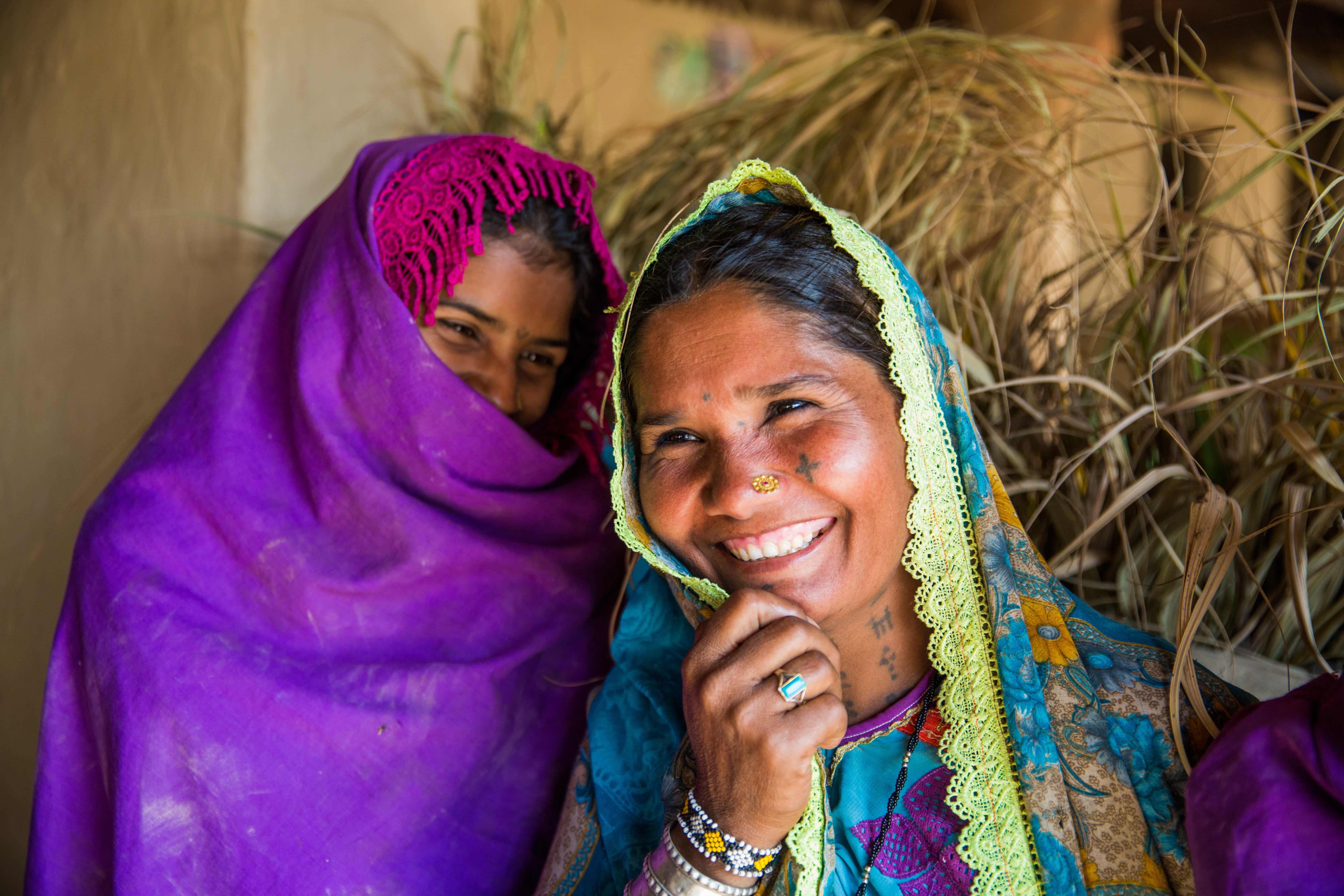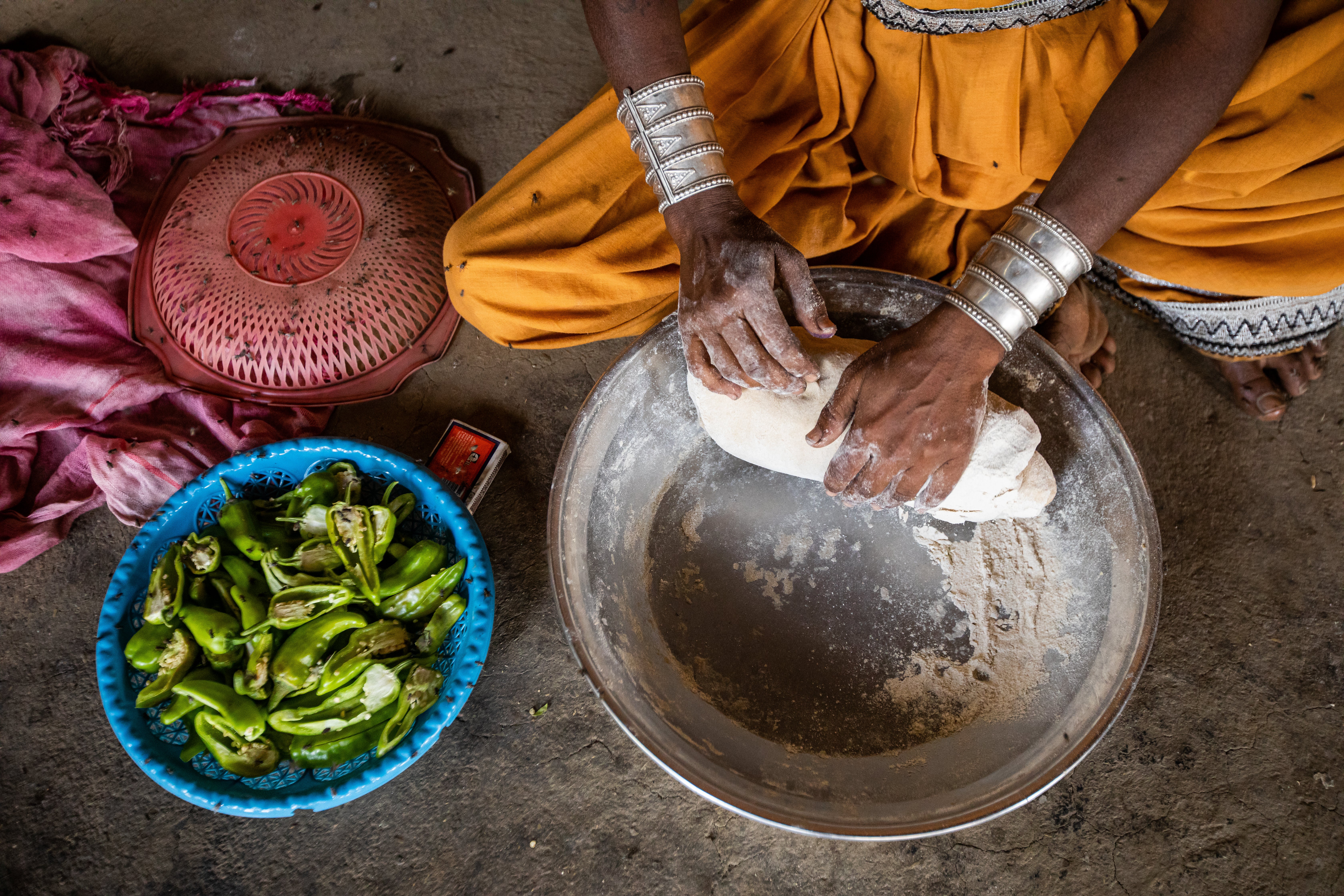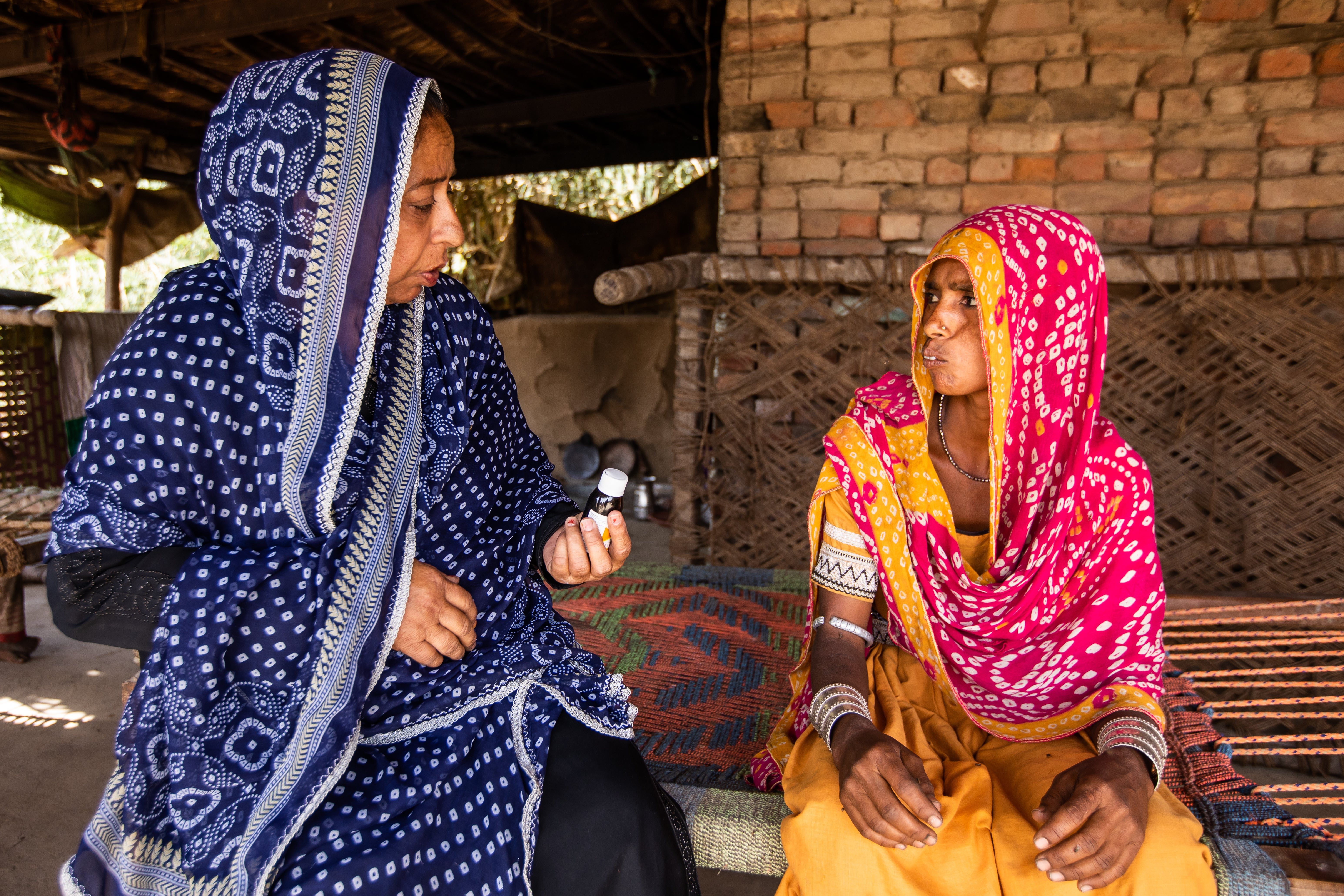Pakistan
From 2000 to 2017, Pakistan made steady progress in reducing anemia prevalence, from 51% to 48%, among women of reproductive age.
CONTENTS
KEY INSIGHTS
Improved women’s economic status via social protection programs
The Benazir Income Support Program (BISP) drove improvements in the economic status of the poorest and most vulnerable populations and likely improved access to high-quality nutrition and health care

The Benazir Income Support Program (BISP), instituted in 2008, is a social protection program focused on unconditional cash transfer for the poorest populations. The program saw steady improvements in coverage during the 2011 to 2018 study period. While a causal relationship cannot be established, it is generally acknowledged that cash transfers can improve purchasing power and access to nutritious foods and essential health services for low-income households.,, Cash transfers, in combination with nutritional supplements, have been shown to improve nutrition outcomes in poor families in Pakistan.
Improved women’s nutrition and micronutrient intake
Food fortification programs, supported by multinational organizations, helped improve Pakistani women’s intake of micronutrients, particularly vitamin A
Pakistan improved the coverage of and compliance with food fortification programs—including fortification of oil and ghee with vitamin A—by establishing the Nutrition Wing of the Ministry of National Health Services, Regulations and Coordination and partnering with the Global Alliance for Improved Nutrition, which has provided technical assistance to improve the coverage of food fortification programs., While there are no large-scale iron (and folate) fortification programs for wheat flour in the country, there are a range of commercially fortified products including bread and processed foods which are now widely available in both urban and rural settings.
In 2011, Pakistan partnered with the United Nations’ Food and Agriculture Organization to develop the Pakistan Integrated Nutrition Strategy, establishing a framework for improved nutritional outcomes.,

Improved access to and use of health services via community-based platforms
Lady Health Workers played a critical role in delivering care directly to women and adolescent girls, including basic preventive and curative interventions
The Lady Health Workers Program (also called the National program for family planning and primary health care) is a critical community-based platform to improve access to health and nutrition interventions in historically underserved areas. The program interventions include door-to-door distribution of iron-folic acid supplementation and nutrition education and counseling and support. The program also provides family planning advice and basic services at community level in tandem with basic health units and rural health facilities.

Pakistan

Ask an Expert
Our team and partners are available to answer questions that clarify our research, insights, methodology, and conclusions.
